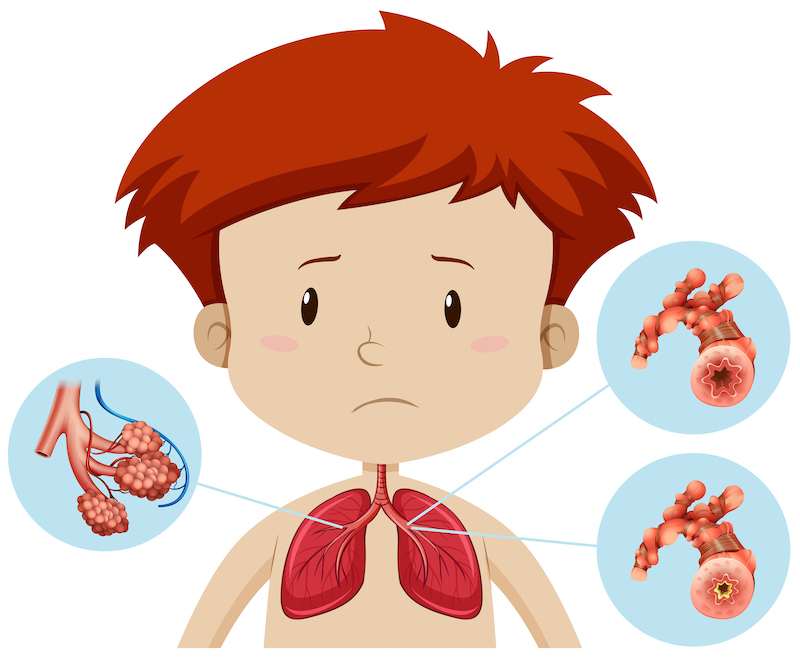Infant Sleep Disturbance (ISD) is a common problem that affects many parents and their newborns.
ISD is defined as any behavior or action that disrupts a baby’s sleep pattern, including frequent waking, difficulty falling asleep, and inconsistent sleep schedules.
This disruption can lead to sleep deprivation in both the infant and the parent, which can negatively impact the health and well-being of both.
Causes of Infant Sleep Disturbance
ISD can be caused by a variety of factors, including hunger, discomfort, illness, and developmental changes.
Newborns require frequent feeding and diaper changes, which can interrupt their sleep patterns.
Additionally, teething, colic, and other medical conditions can cause discomfort that disrupts sleep.
As infants grow and develop, they may also experience changes in their sleep patterns.
For example, as they transition from sleeping in a crib to a bed, they may have difficulty adjusting to the new environment.
Changes in routine, such as travel or daylight savings time, can also disrupt their sleep patterns.
Effects of Infant Sleep Disturbance
ISD can have negative effects on both the infant and the parent.
Sleep deprivation can lead to irritability, mood swings, and difficulty concentrating.
For infants, sleep disturbances can lead to developmental delays, behavioral problems, and an increased risk of accidents and injuries.
Additionally, parents of infants with ISD may experience anxiety, depression, and a decreased quality of life.
The stress of caring for a sleep-deprived infant can be overwhelming and can lead to feelings of helplessness and frustration.
Treatment of Infant Sleep Disturbance
There are several strategies parents can use to help alleviate ISD.
These strategies include establishing a consistent bedtime routine, creating a comfortable sleep environment, and implementing age-appropriate sleep schedules.
It is also important to address any underlying medical conditions that may be contributing to ISD.
Behavioral interventions, such as gradual extinction and scheduled awakening, have been found to be effective in treating ISD.
Gradual extinction involves gradually reducing parental interventions, such as soothing or feeding, when an infant wakes during the night.
Scheduled awakening involves waking an infant before they typically wake on their own and then gradually reducing the frequency of waking.
In some cases, medication may be used to treat ISD, particularly if there is an underlying medical condition such as reflux or sleep apnea.
However, medication should only be used under the guidance of a healthcare provider.
Conclusion
ISD is a common problem that affects many infants and their parents.
The causes of ISD are varied and can be challenging to identify.
However, there are several strategies and interventions available to help alleviate ISD and promote healthy sleep patterns in infants.
By working with a healthcare provider and implementing a consistent sleep routine, parents can help their infants get the restful sleep they need for optimal health and development.











